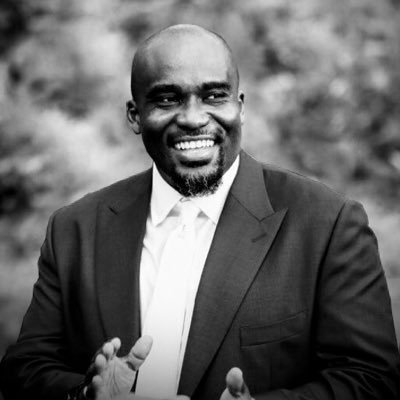Jean Luc Habyarimana, son of former Rwandan President Juvenal Habyarimana, expressed appreciation for the message delivered by U.S. Secretary of State Antony Blinken during the 30th commemoration of the Rwandan genocide.
Reflecting on a weekend fraught with emotion, Habyarimana paid homage to the victims of the April 6, 1994 terrorist attack and all victims of the Rwandan genocide, emphasizing the importance of remembering and mourning without ethnic or social distinctions.
However, he criticized the Rwandan government’s handling of commemorative events, highlighting a selective approach that permits only one ethnic group to honor and mourn its victims. Despite official rhetoric promoting a unified Rwandan identity, ethnic divisions resurface during commemorations, with severe repercussions for those who acknowledge losses outside their own ethnic group.
Beyond Rwanda’s borders, supporters of the current regime in Kigali engage in organized campaigns of harassment and online abuse against those who challenge the official narrative of the ruling party, the Rwandan Patriotic Front (FPR).
Jean Luc Habyarimana underscored the staggering human cost inflicted by the FPR both within Rwanda and in the Democratic Republic of Congo (DRC), where millions have perished without recognition or space for mourning. He stressed the need to acknowledge all victims, regardless of ethnicity, while acknowledging the targeted violence against Tutsis during the genocide.
He condemned the Rwandan government’s hierarchy of victimhood as reminiscent of apartheid, criticizing international partners who endorse this narrative while disregarding the suffering inflicted by the FPR.
In contrast, he praised the United States for resisting manipulation and extending solidarity to the entire Rwandan populace, as evidenced by Secretary Blinken’s message of support.
Habyarimana warned that Rwanda’s denial of victimhood to segments of its population sets a dangerous precedent, particularly for the Congolese people, whose plight remains overlooked by those who have the power to intervene.
He called for a collective effort to combat this selective memory and ensure a just historical narrative, lest widespread frustration ensue among those denied the right to mourn and commemorate their losses.





























































